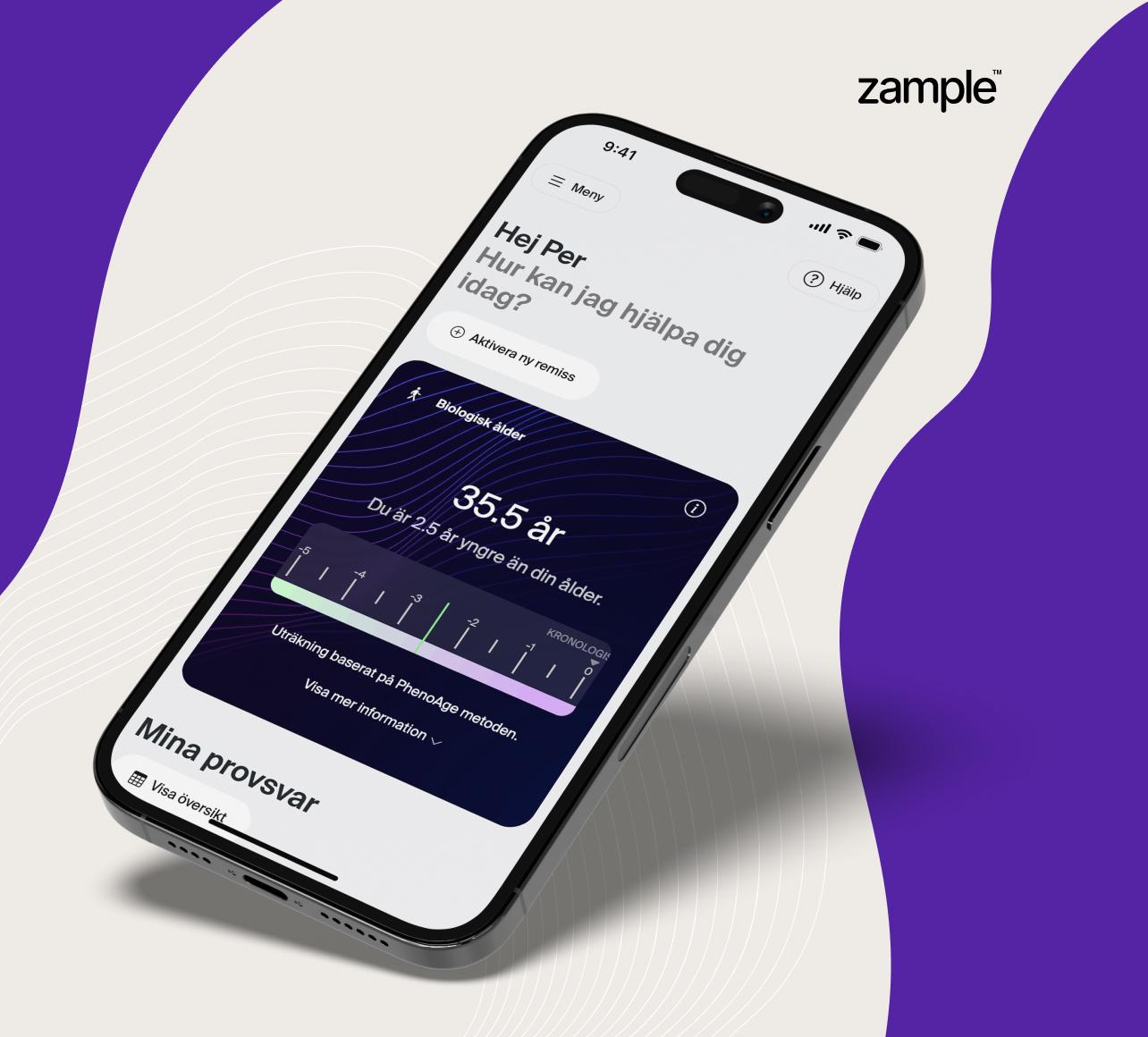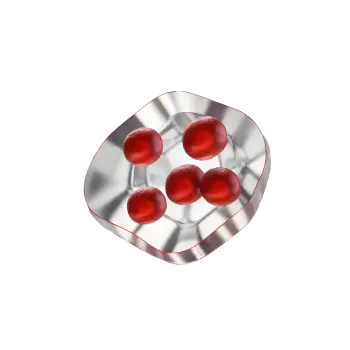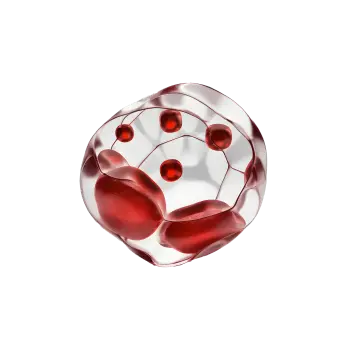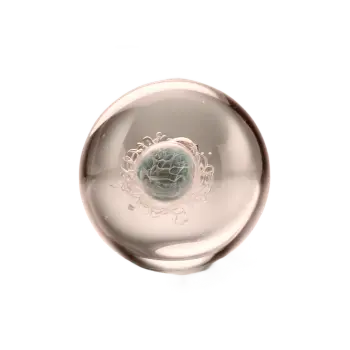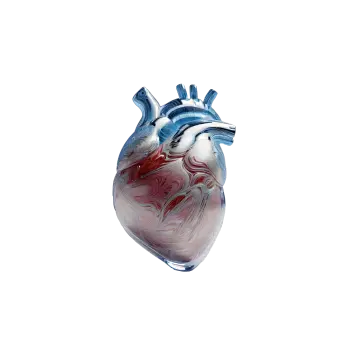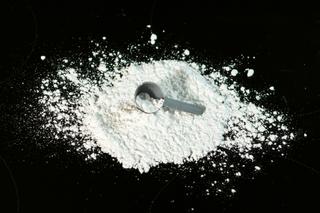Gain maximum health awareness with our expanded health check-up. Specifically designed for women, this health check-up includes even more biomarkers to provide you with a comprehensive insight into your health and hormonal balance, helping you optimize your lifestyle.
What is included in the health check?
Do you want the most comprehensive health data about your health, Kvinna Plus is the choice for you. Health Check is designed to give you a comprehensive picture of relevant biomarkers that can help you identify potential risk factors in several areas. By ordering Kvinna Plus, you can get information about most current or future health problems. With this knowledge, you can make the necessary lifestyle changes to improve and prevent various health conditions.
By checking important health markers annually, it can be crucial for early detection of nutritional deficiencies, hormonal changes, metabolic diseases or inflammation. By ordering Kvinna Plus Health Check, you will receive a detailed analysis that can serve as a basis for preventing and managing potential health problems before they affect your well-being.
Health areas in the Women's Health Check Plus:
This health check includes a broad analysis of biomarkers in several important health areas to provide a detailed picture of your bodily balance and function.
- Vitamins & Minerals: Assesses the body's nutritional status by analyzing vitamin B12, folate (B9), vitamin D, magnesium and zinc. These nutrients are crucial for energy metabolism, immune defense and cell renewal.
- Liver function: Evaluates liver health by measuring ALT, AST, alkaline phosphatase (ALP), bilirubin and GT. These markers may indicate liver damage, inflammation, or other liver diseases.
- Kidney function: Analyzes the filtration capacity of the kidneys and electrolyte balance through tests for albumin, cystatin C, phosphate, calcium, potassium, chloride, creatinine, sodium, and eGFR (Cystatin C). Abnormalities may indicate impaired kidney function or fluid balance problems.
- Iron status: Maps the body's iron stores through analysis of transferrin, iron, and ferritin. This is important for detecting iron deficiency, anemia, or iron overload.
- Blood status & Immune system: Includes a differential blood cell count, as well as analysis of hemoglobin, hematocrit, leukocytes, and platelets. These tests may indicate infection, anemia, or inflammatory conditions.
- Hormone Balance: Measures levels of lutropin (LH), follitropin (FSH), estradiol, progesterone, prolactin, cortisol, and testosterone. These hormones affect the menstrual cycle, fertility, stress levels, and metabolism.
- Heart & Vascular: Analyzes cardiovascular health by testing for ApoB/ApoA ratio, Apo A1, Apo B, HDL cholesterol, LDL cholesterol, total cholesterol, triglycerides, creatine kinase, CRP (C-reactive protein), and serotonergic (SR). These markers provide insight into blood lipid balance, inflammation, and cardiovascular risk.
- Thyroid: Assesses thyroid function by testing for free T3, free T4, and TSH. These hormones are crucial for metabolism and can indicate hypothyroidism or hyperthyroidism.
This comprehensive analysis provides a detailed picture of your general health and can help detect any abnormalities before they lead to more serious health problems.
Why choose Health Check Women Plus?
This comprehensive health check is designed for women who want to get a comprehensive picture of their health and detect any risk factors in time. Whether you want to gain a deeper understanding of your body, optimize your lifestyle or get a basis for further medical assessment, this analysis gives you valuable information to take control of your health.
Preventive measures – knowledge that leads to improvement
Identifying any risk factors is a good start. With Health Check Women Plus, you get a solid basis for personalized recommendations based on your test results and your health declaration. Small adjustments to your lifestyle, such as improving sleep quality, increasing physical activity or optimizing your nutritional intake, can make a significant difference in both longevity and quality of life, while sometimes requiring further follow-up and medical treatment. In an era where diagnostics are becoming increasingly available, there is no reason to wait for symptoms before acting. By undergoing regular health checks, you can create the best conditions for a healthy future – where you are in control of your health.























